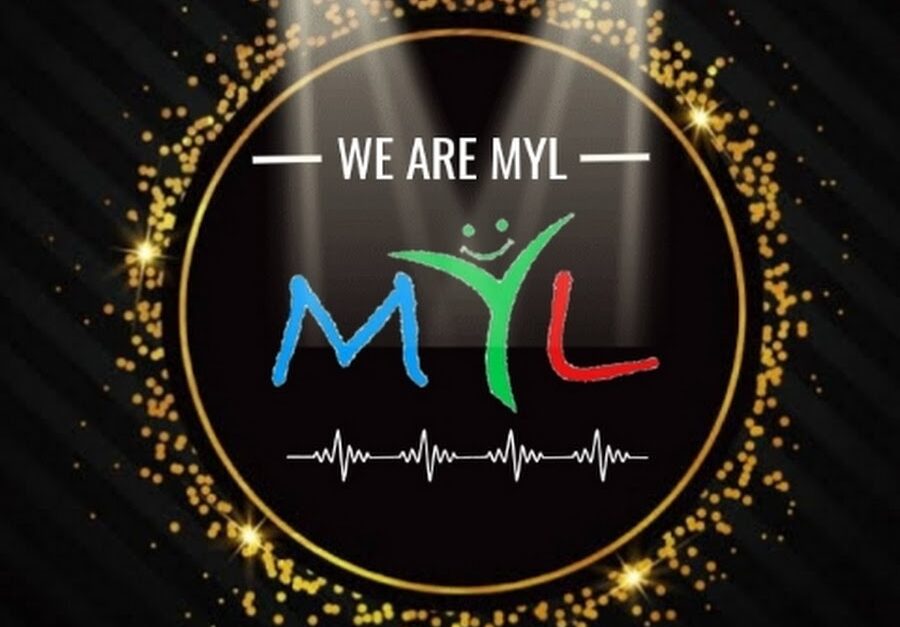**Electricity: Powering the Modern World**

Electricity is an essential component of modern life, permeating every aspect of our existence from powering our homes and businesses to driving technological advancements. Its impact on society cannot be overstated, shaping the way we live, work, and communicate. In this article, we’ll explore the significance of electricity, its history, how it’s generated, and its future implications.
**Historical Context:**
The journey of electricity began centuries ago with the discovery of static electricity by ancient civilizations. However, it wasn’t until the 19th century that significant strides were made in understanding and harnessing its power. The invention of the electric battery by Alessandro Volta in 1800 marked a pivotal moment, followed by Michael Faraday’s experiments in electromagnetic induction, which laid the foundation for modern electrical technology.
**Generation and Transmission:**
Electricity is primarily generated through various methods, including fossil fuels, nuclear energy, hydropower, wind, and solar. These energy sources are converted into electrical energy through power plants and distributed through vast networks of power lines to homes, businesses, and industries. The efficiency, sustainability, and environmental impact of different generation methods vary, influencing global energy policies and practices.
**Technological Advancements:**
The advancement of electrical technology has revolutionized numerous industries, from transportation and manufacturing to healthcare and communication. Electric vehicles (EVs) are rapidly gaining popularity as sustainable alternatives to traditional gasoline-powered cars, contributing to efforts to reduce carbon emissions and combat climate change. Moreover, the integration of smart grids, renewable energy sources, and energy storage systems is driving innovation in the energy sector, paving the way for a more decentralized and resilient power infrastructure.
**Challenges and Opportunities:**
Despite its numerous benefits, electricity generation and consumption pose significant challenges, including environmental pollution, resource depletion, and energy security concerns. The reliance on fossil fuels has led to air and water pollution, habitat destruction, and climate change, necessitating a transition towards cleaner and more sustainable energy sources. Additionally, the unequal distribution of electricity access globally exacerbates social and economic disparities, highlighting the need for equitable energy policies and infrastructure development.
**Future Prospects:**
The future of electricity holds immense potential for transformative change, driven by technological innovation, policy reforms, and societal shifts towards sustainability. Renewable energy sources such as solar and wind are becoming increasingly cost-effective and scalable, offering a viable alternative to fossil fuels. Furthermore, advancements in energy storage technologies, such as batteries and hydrogen fuel cells, are enabling greater flexibility and reliability in managing fluctuating power supply from renewable sources.
**Conclusion:**
Electricity plays a central role in shaping the modern world, powering our economies, improving living standards, and driving innovation. However, its widespread use also poses environmental and societal challenges that require urgent attention and concerted efforts to address. By embracing renewable energy, promoting energy efficiency, and fostering inclusive energy access, we can harness the full potential of electricity to create a more sustainable and equitable future for generations to come.
LEARN MORE

















